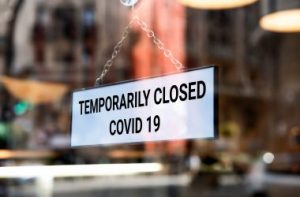As part of an EU approach to fighting and containing the diffusion of the COVID-19 virus (the “coronavirus”), the European Commission has issued its guidelines for mobile applications supporting the fight against the pandemic, specifically focusing on the related data protection features.
The implementation of digital technologies (e.g. “contact tracing”) seems to represent a useful tool for national health authorities to monitor and contain the diffusion of the virus, especially in the post-emergency phase when containment measures are lifted, provided that the use of such solutions are made in the full respect of the citizens’ fundamental rights and freedoms, including, first and foremost, the individuals’ right to privacy and respect for their private lives.
Herewith below is the first part of the analysis of the aforesaid guidelines, that set out a number of general principles intended for the application, regardless of the specific characteristics of the individual applications.












